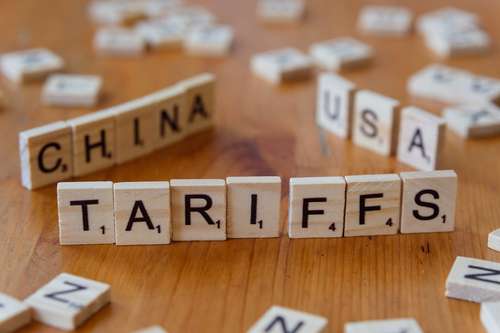In the midst of escalating disagreements among US public health professionals over pandemic mandates, Anthony Fauci, the divisive face of America's COVID-19 response, has announced he will step down from his role as the White House's top infectious diseases expert in December.
After almost 40 years leading the National Institute of Allergy and Infectious Diseases, Mr. Fauci, 81, said he was "not retiring" but rather looking forward to "pursuing the next chapter of my career." His advice led most US states to enact lengthy lockdowns, mask and vaccine mandates throughout 2020 and 2021.
After more than 50 years of serving the government, Mr. Fauci, whose recommendations to combat COVID-19 were copied all over the world, said in a statement on Monday, "I still have so much enthusiasm and passion for my field" (Tuesday AEST).
Mr. Fauci, who initially gained notoriety during the AIDS pandemic in the 1980s, was praised by President Joe Biden as a "committed public worker, and a steady hand with wisdom and vision developed over decades."
“I know the American people and the entire world will continue to benefit from Dr Fauci’s expertise in whatever he does next … he has touched all Americans’ lives with his work,” Mr Biden, who recently recovered from Covid-19 himself, added in a statement.
During the pandemic, Mr. Fauci, who was known for dismissing criticism of him as "attacks on science," became a highly politicized figure, hailed by Democrats and denounced by Republicans and civil libertarians who claimed his disease-fighting strategies were ineffective, expensive, and at odds with pre-2020 public health orthodoxy.

“I cannot think of a public servant who has done as much to save as many lives for as long a period as Dr Tony Fauci – a gem of a person,” tweeted Ron Klain, the president’s chief of staff.
Over one million people have died in the US from or associated with COVID-19 during at least six different "waves" of the virus, ranking third in the globe only after Brazil and Peru. Federal and state public debt, as a proportion of GDP, has climbed by more than any other developed nation save New Zealand.
Dr. Fauci's leadership during COVID-19, according to Stanford University epidemiologist Jay Bhattacharya, was "divisive, restrictive, and misguided." In a statement, he claimed that "his recommendations on lockdowns, school closings, and other limitations missed the terrible harm done to children and other vulnerable individuals."
"Small enterprises were ruined, hospital patients were made to die alone, unvaccinated people were unfairly sacked. Millions of lives were damaged by Fauci's advice, and this will always be remembered as his legacy, according to Californian Tablet columnist Alex Gutentag.
Should Republicans take back control of Congress in the midterm elections in November, Dr. Fauci, who has repeatedly refuted the theory that the virus that causes Covid-19 came from a Chinese virology facility in Wuhan, may be questioned by a congressional committee the following year.




